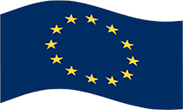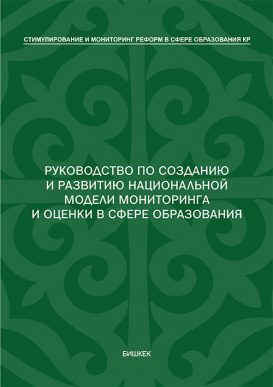The European Union is made up of 28 Member States who have decided to gradually link together their know-how, resources and destinies. Together, during a period of enlargement of 60 years, they have built a zone of stability, democracy and sustainable development whilst maintaining cultural diversity, tolerance and individual freedoms. The European Union is committed to sharing its achievements and its values with countries and peoples beyond its borders.
The EU was created in the aftermath of the Second World War. The first steps were to foster economic cooperation: the idea being that countries that trade with one another become economically interdependent and so more likely to avoid conflict. The result was the European Economic Community (EEC), created in 1958. This purely economic union has evolved into an organisation spanning policy areas, from development aid to environment. A name change from the EEC to the European Union (EU) in 1993 reflected this.
As it continues to grow, the EU remains focused on making its governing institutions more transparent and democratic. More powers are being given to the directly elected European Parliament, while national parliaments are being given a greater role, working alongside the European institutions. In turn, European citizens have an ever-increasing number of channels for taking part in the political process.
The European External Action Service (EEAS) is the European Union’s diplomatic service. Formally launched on 1 January 2011, the Service was created by the Treaty of Lisbon. One of the key tasks of the EEAS is to ensure that all the different activities that the EU performs abroad are consistent and effective.
The European External Action Service is responsible for the running of about 140 EU Delegations and Offices operating around the world, representing the EU and its citizens globally. The EU Delegations play a key role in implementing the EU’s foreign policies. They serve EU interests by presenting, explaining and implementing EU policy; analysing and reporting on the policies and developments of the host countries; and conducting negotiations in accordance with a given mandate.
Maintaining political dialogue, administering development aid, overseeing EU trade issues and building cultural contacts, are just some of the tasks undertaken by EU Delegations whose staff come from a number of different departments of the External Action Service and the European Commission.












